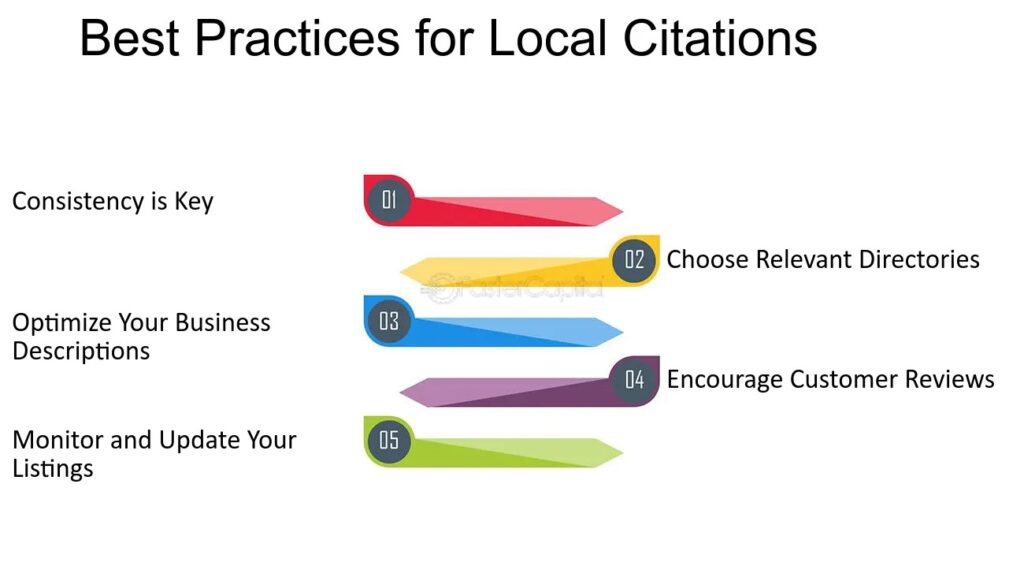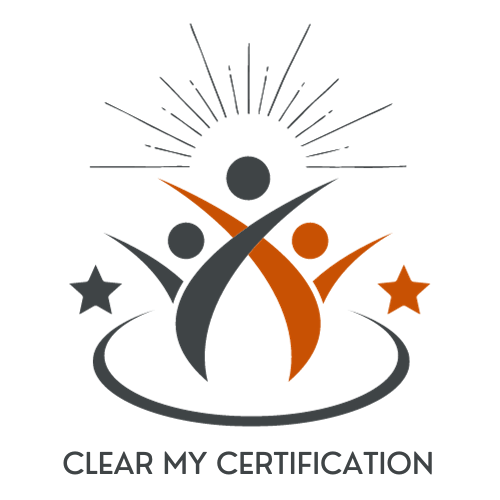In the dynamic landscape of online business, visibility is paramount. For businesses aiming to thrive in their local markets, mastering local citations is key. Local citations act as digital references to your business’s name, address, phone number (NAP), and other essential details across the web. Implementing best practices in local citations can significantly enhance your online presence, amplify brand awareness, and ultimately drive more customers through your doors. Let’s delve into some of these best practices:
1. Consistency is King: The cornerstone of effective local citations is consistency. Ensure that your business’s NAP details are uniform across all platforms, directories, and listings. Any discrepancies can confuse potential customers and harm your search engine rankings. Tools like Moz Local or BrightLocal can help streamline this process by managing your citations from a single dashboard.
2. Choose Quality Over Quantity: While having your business listed across numerous directories can seem beneficial, it’s crucial to prioritize quality over quantity. Focus on authoritative platforms relevant to your industry and location. Google My Business, Yelp, Bing Places, and industry-specific directories are excellent places to start. These platforms not only boost your credibility but also improve your chances of ranking higher in local searches.
3. Optimize Your Listings: Treat your business listings as mini landing pages. Optimize them with compelling descriptions, high-quality images, and relevant keywords. Ensure that your listing details are complete and up-to-date, including business hours, services offered, and any special attributes. Encourage satisfied customers to leave positive reviews, as these can significantly influence potential customers’ decisions.
4. Localize Your Content: Tailor your content to resonate with local audiences. Incorporate location-specific keywords naturally into your website copy, blog posts, and social media content. This not only improves your chances of ranking higher in local searches but also enhances your relevance to local customers.

5. Monitor and Manage Your Citations: Regularly audit your citations to identify any inconsistencies or inaccuracies. Tools like Google Alerts or Mention can help track mentions of your business across the web. Address any discrepancies promptly to maintain trust and credibility with both customers and search engines.
6. Leverage Online Reviews: Positive reviews can be a powerful asset in bolstering your online reputation and attracting new customers. Encourage satisfied customers to leave reviews on platforms like Google My Business, Yelp, and Facebook. Respond to both positive and negative reviews professionally and promptly, demonstrating your commitment to customer satisfaction.
7. Stay Engaged with Your Audience: Engage with your audience across various online platforms. Respond to inquiries, address feedback, and participate in local community discussions. Active engagement not only fosters a sense of trust and loyalty but also signals to search engines that your business is active and relevant.
8. Monitor Your Competitors: Keep an eye on your competitors’ local citations and online presence. Analyze their strategies to identify areas where you can improve or differentiate your own approach. Tools like SEMrush or Ahrefs can provide valuable insights into your competitors’ citation profiles and search performance.
In conclusion, mastering local citations is essential for businesses looking to boost their online visibility and attract local customers. By following these best practices, you can ensure consistency, optimize your listings, and engage effectively with your target audience, ultimately driving more foot traffic and revenue to your business.
 Clear My Certification All Certification Exam Answers
Clear My Certification All Certification Exam Answers



